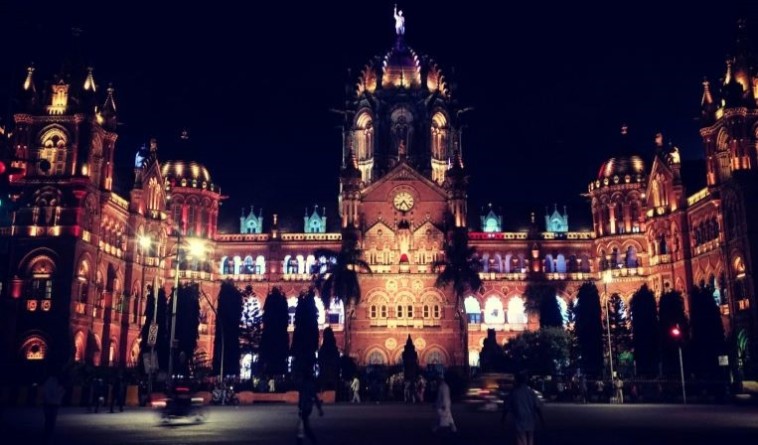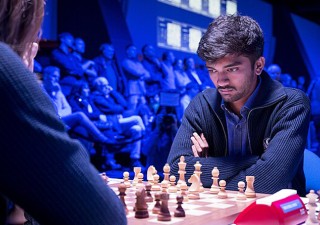A businessman in India has been acquitted by the Additional Chief Judicial Magistrate of the 37th Court, Esplanade, Mumbai in a copyright infringement case that ran for more than 33 years. The acquittal came primarily on the grounds of the prosecution’s failure to provide witnesses.
On July 30, 1991, police arrested 20-year-old Sunil John Fernandes in Colaba, in the city of Mumbai, following a raid at Video Corner, a video library on Kithridge Road owned by Fernandes. The police acted on information from the Indian Federation Against Copyright Theft. Seized were 588 pirated video cassettes. Fernandes was charged with copyright infringement.
However, delays caused by the prosecution’s inability to produce witnesses through the years prevented the trial from progressing. Thus, the Mumbai court decided to acquit the now 53-year-old Fernandes more than 33 years after he was arrested.
According to Rajat Sabu, senior associate at Khurana & Khurana in Greater Noida, the court should have taken on record the testimony of the police officials who conducted the raid at Fernandes’s video library. “The law does not state that a police officer’s testimony is completely untrustworthy or cannot be relied upon. Rather, the law states that even a police officer’s testimony can be used to support a conviction if it is unimpeached and found to be trustworthy,” he said.
Sabu added that the court should have relied on the ruling of the Honorable Supreme Court in Anil @ Andya Sadashiv Nandorkar v. State J. T. 1996 (3) SC 120. The court held that “There is, however, no rule of law that the evidence of police officials has to be discarded or that it suffers from some inherent infirmity. Prudence, however, requires that the evidence of the police officials, who are interested in the outcome of the result of the case, needs to be carefully scrutinized and independently appreciated. The police officials do not suffer from any disability to give evidence and the mere fact that they are police officials does not by itself give rise to any doubt about their creditworthiness.”
On the evidence of the 588 pirated video cassettes seized from Video Corner, Sabu said it is not vitiated primarily on the grounds of the prosecution's failure to secure witnesses. The pirated cassettes should have been examined to determine whether these carried the necessary particulars as required by Section 52A of the Copyright Act, 1957. Under Section 52A, the necessary licence or consent from the copyright owner and/or a copy of the certificate granted by the Board of Film Certification under Section 5A of the Cinematograph Act, 1952 must be obtained in the case of a cinematograph film.
“The points framed by the Hon’ble Court i.e., (i) whether the accused infringed copyrights of companies by preparing duplicate video cassettes for sale without a licence granted by the owner of the copyrights, and (ii) whether the prosecution proved that the date, time and place the accused published the sound recording video cassettes without displaying the name and address of the person who has made the sound recording on the same, ought to have been dealt with in much more detail while considering all the evidence already on record, more particularly owing to the lack of witnesses,” Sabu stressed.
*** Rajat Sabu was assisted by Vishnu Gambhir in his research on the case.
- Espie Angelica A. de Leon






